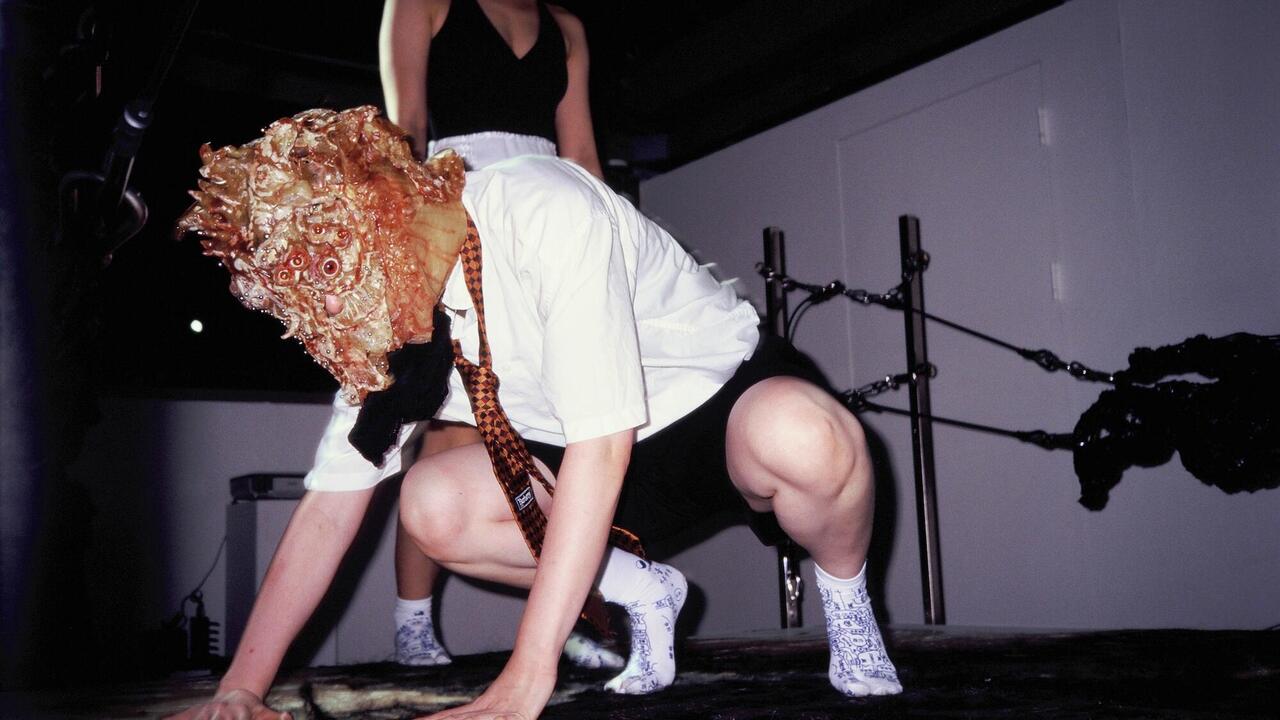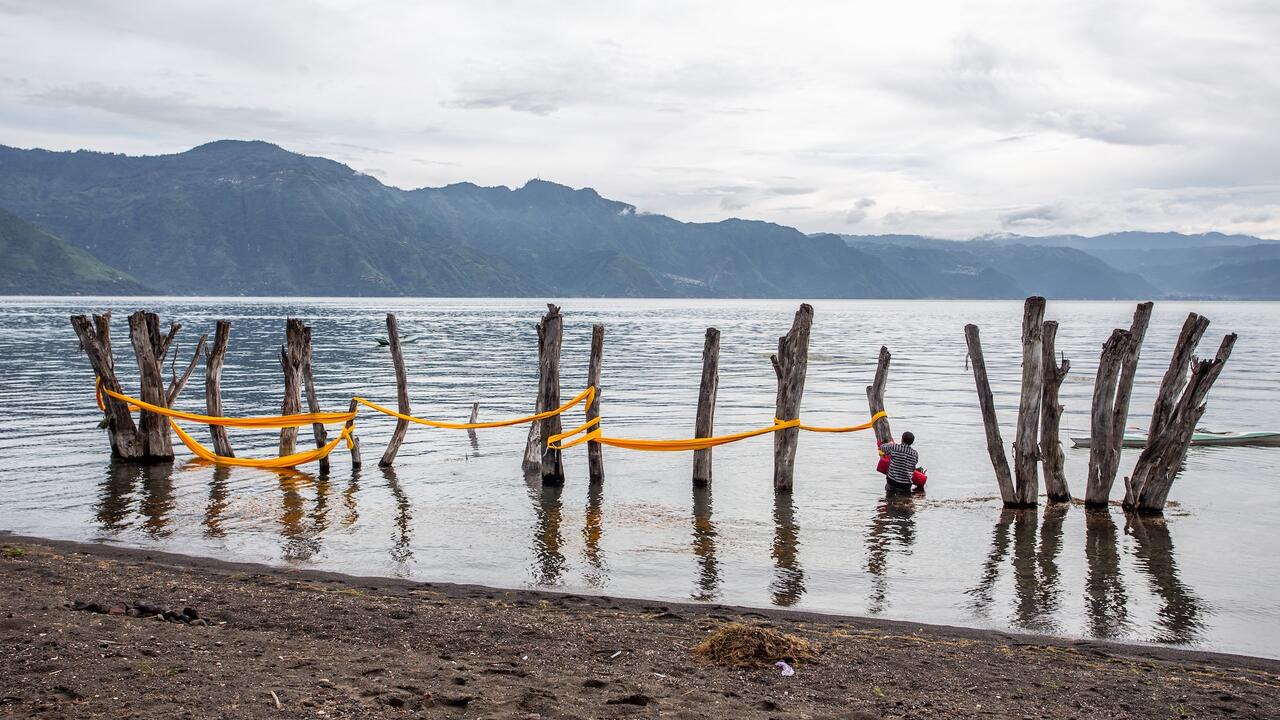French Art Museum Discovers Half its Collection are Fakes
In further news: Cuba gets its first independent art biennial; Germany to fund investigations into African loot
In further news: Cuba gets its first independent art biennial; Germany to fund investigations into African loot

A French art museum has discovered that over half its collection are fakes. The Terrus museum in Elne, France, dedicated to the painter Étienne Terrus were alerted by a visiting art historian, Eric Forcada, that 82 artworks originally thought to be originals are in fact fake – they were collectively worth around EUR€160,000. The town’s mayor called the situation ‘a disaster’. Forcada called the forgeries crude: ‘On one painting, the ink signature was wiped away when I passed my white glove over it,’ he said. Terrus, known for his landscapes of the Roussillon region, passed away in Elne in 1922. He was a close associate of Henri Matisse.
Opening 5 May 2018, the #OOBienal de la Habana will be Cuba’s first independent art biennial, not organized under the auspices of the state. Artist Luis Manuel Otero Alcantara and curator Yanelys Nuñez Leyva have organized a programme across artists’s homes and studios across Havana, under the title ‘In Every Studio a Biennial’, referencing a state anthem ‘On every bloc a committee, in every neighbourhood a revolution’. The independent biennial was organized after Cuba’s state-sponsored biennial was cancelled due to a lack of funding following Hurricane Irma.
Germany has pledged funding for museum investigations into the provenance of African art and artifacts held in national public collections. The German Lost Art Foundation, which also deals with pieces seized by the Nazis and looting from the end of the Second World War, will be handling the allocation of grants for research. Culture minister Monika Grütters promised to ‘secure the financial basis for this research in the long term and to motivate museums to use these research opportunities and develop new forms of cooperation with the countries of origin.’ Don’t miss Cody Delistraty’s piece on how art restitution might miss deeper colonial injustices, responding to French president Emmanuel Macron’s comments regarding African artworks in French museums.
Last year, New York’s Guggenheim Museum was hit by animal rights protests leading it to withdraw several controversial works from its landmark Chinese art exhibition ‘Art and China after 1989: Theater of the World’. Now that show is travelling to the Guggenheim’s satellite museum in Bilbao, Spain – the exhibition will include Huang Yong Ping’s Theater of the World (1993), a caged enclosure containing insects and reptiles, and a still from Xu Bing’s A Case Study of Transference (1994), both of which were pulled from the New York exhibition. Read Tausif Noor on how animal rights activists have become one of art’s most ‘engaged’ audiences.
Film producer Joel Silver is suing Gagosian Gallery, which he alleges has failed to deliver a USD$8 million Jeff Koons ‘Balloon Venus’ sculpture, according to a report in New York Daily News. It is the second lawsuit to hit the gallery in the past month; Koons’s studio is not named in this suit. After paying an initial sum of USD$3.2 million for Koons’s Balloon Venus Hohlen Fels (2013-15) in 2014, Silver claims that the gallery kept pushing the completion date back, but insisted the collector keep up with the payment installments – Silver says that the gallery rejected his offer to pay into an escrow account, which would have released the funds upon delivery of the work. It follows a lawsuit brought by collector Steven Tananbaum against Gagosian and Jeff Koons’s studio in which he claims they failed to deliver three sculptures for which he had paid over USD$13 million. Meanwhile the gallery has clarified that delivery dates stated in Koons’s contracts are only estimates: ‘For more than 30 years Jeff Koons has been creating works of art and to our knowledge, without exception, has never failed to deliver these works and always to the enormous satisfaction of the collector. Progress is being made on the pieces at issue in these litigations, and as always they will be delivered upon completion.’
National Endowment for the Arts Chairman Jane Chu has announced that she will be stepping down on 4 June after serving four years at the federal agency. ‘The National Endowment for the Arts is doing effective and meaningful work to help the arts thrive and connect to individuals and in communities large and small, densely populated, rural, and remote in all 50 states, US territories, and in every Congressional District,’ she said. Chu did not refer to president Donald Trump’s efforts to defund the NEA.
Columbia University MFA students are demanding tuition fee refunds, citing poor facilities and a lack of instructors. Students have complained of studios left in a decrepit state, with flooding and collapsing ceilings. ‘We were promised something that we don’t have and we’re not getting,’ a student told the Columbia Spectator. In a meeting with students, provost John Coatsworth reportedly agreed that the programme was a ‘disgrace’ but said he would not offer a tuition refund.
In awards news: the European Cultural Foundation’s Award for Culture has been awarded to the Eyal Weizman-led investigative agency Forensic Architecture and Polish cultural platform Borderland – Forensic Architecture were also shortlisted for the Turner Prize last week; and Copenhagen-based artists Tamar Guimarães and Kasper Akhøj have won the Faena Prize for the Arts, which consists of an award of USD$25,000 each and a USD$50,000 budget for an exhibition at the Faena Arts Center in Buenos Aires in 2019.
Hauser & Wirth now represent the Estate of Alina Szapocznikow, sharing it with the artist’s son Piotr Stanislawski and Paris’s Galerie Loevenbruck. Known for her resin casts of her own body, Szapocznikow was the survivor of three concentration camps – she passed away in 1973 aged 47. In a 2010 feature for frieze, Jan Verwoert explored Szapocznikow’s sculptures and the politics of emotion: ‘The incredible force of Szapocznikow’s art comes from the artist bringing the work of affective labour out into the open through sculpture, thus actualizing the transformative powers that this labour can put into play.’
The Sharjah Art Foundation has annouced initial participants for the 2019 Sharjah Biennial – its 14th edition – titled ‘Leaving the Echo Chamber’ which seeks to explore social change in the digital age, composed of three exhibitions organized by Zoe Butt and Omar Kholeif. Artists include Ho Tzu Nyen, Lubaina Himid, Otobong Nkanga and Wu Tsang.
And finally, a library destroyed by militants in Mosul, Iraq, is being recreated in a Norfolk country house in the UK – the immersive art installation is part of a National Trust project celebrating the power of books, the Guardian reports, and is the work of theatre company Les Enfants Terribles.






















